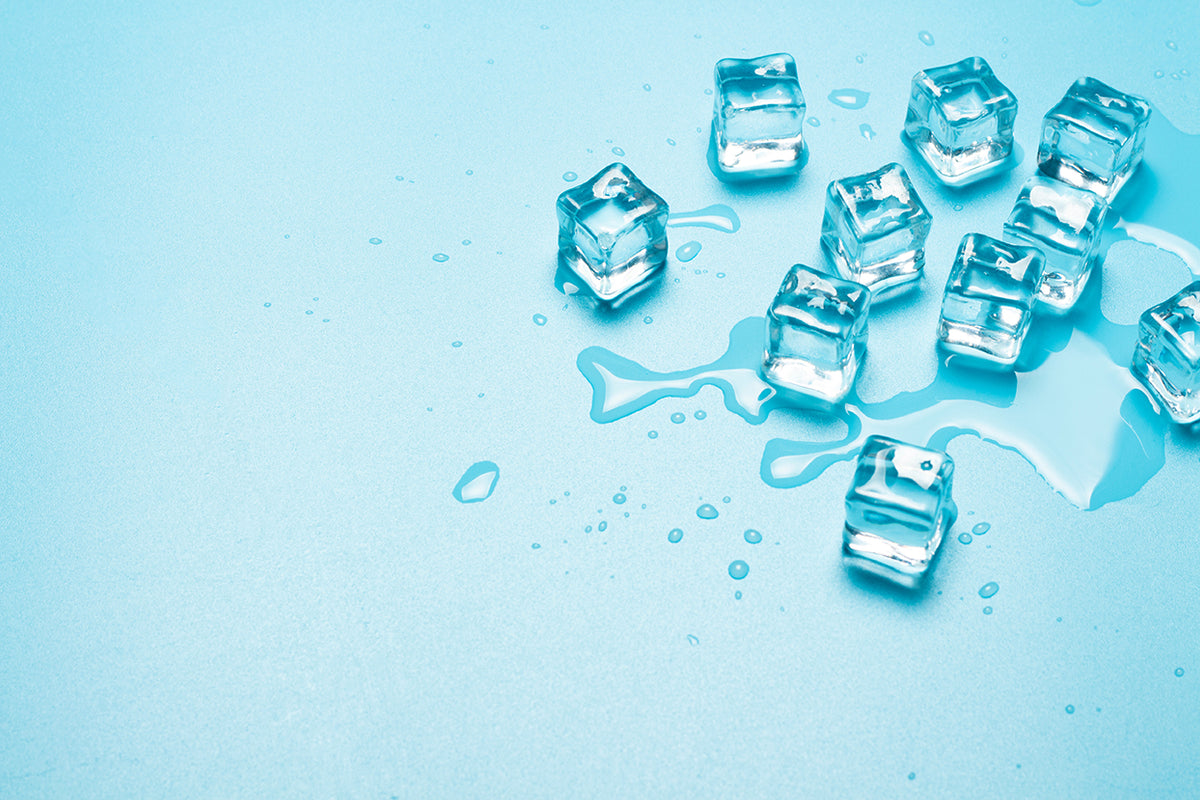By Helen Denise, CEO of KNOWHEN
Today we have access to a tantalizing invention called Vitrification- the fast freeze process of a woman’s eggs. The question becomes, is this process for everyone? Is it ethical, natural, economical, reliable, safe or healthy? Let the facts speak for themselves, and you decide.
For the last 16 years I have been involved with one of the most important issues for women – fertility, infertility, conception and pregnancy. While I witnessed numerous miracles, where women conceived naturally at age 45, 53 and older, meanwhile, many women struggle for years to get pregnant. Despite the availability of expensive and intrusive traditional infertility treatment, many women are devastated to discover that they cannot have a child because they are no longer bearing eggs
A woman is born with about 700,000 immature eggs. By the time she gets her first period she has already lost over 50% of her egg supply. With each menstrual period many eggs are lost in an attempt to produce just one healthy egg for ovulation. In fact, I have read that, after the age of 27, many women fail to ovulate on a regular basis.
After October 2012 when the American Society for Reproductive Medicine no longer deemed freezing eggs was experimental, a greater number of younger woman have been attracted to this phenomena.
According to the NBC program “Delaying Pregnancy Becomes New Normal” in 2014, women are waiting longer to have children if they can afford to and there’s been a 35% increase among women ages 40-44 having children for the first time. That is 900% increase over the year 2013 in women over 35 having their first child.
A growing number of women are freezing their eggs at a younger age, because it’s some kind of “insurance” against an uncertain future. It looks like there’s no reason to worry about personal biological clock anymore….
But what are the key factors involved in deciding whether or not to freeze eggs and when? Does an egg in a younger woman have greater quality than eggs say in a middle aged woman?
Do eggs that have been frozen loose quality over time? This does involve an invasive procedure of extracting the eggs, which is not natural.
At the same time the freezing of one’s eggs is expensive and rarely covered by health plans. The average cost for one round is about $13,000 and there’s also an annual storage fee. Also, the longer a woman waits, the less likely her eggs will be healthy; that’s why some companies are cutting costs or offering payment plans to make freezing eggs more affordable.
While this invention has its merits, there is another option to better understand your body’s cycles, which are Natural and non-invasive. Today women have access to KNOWHEN® Saliva Ovulation Test with the Ovulation tracking APP that can empower them with much knowledge about their individual cycles which gives them the ability to plan their futures on their terms. Woman can unlock the secret of their personal and unique body cycles by using their saliva, because nature has given them the answer.
My advice; first, try to learn your body and second- make your choice and decision: “Is Freezing Eggs for me? And if “Yes” – when?


